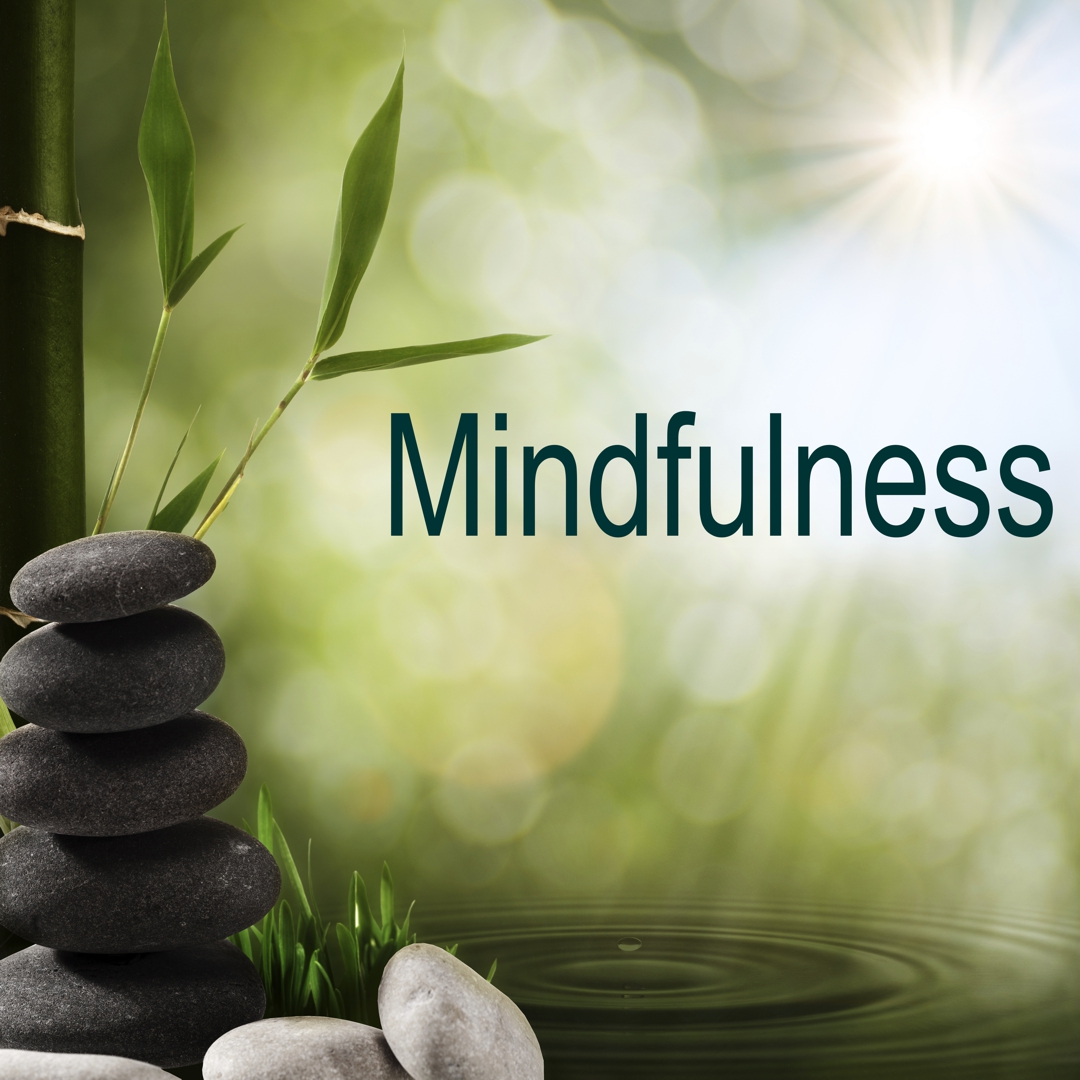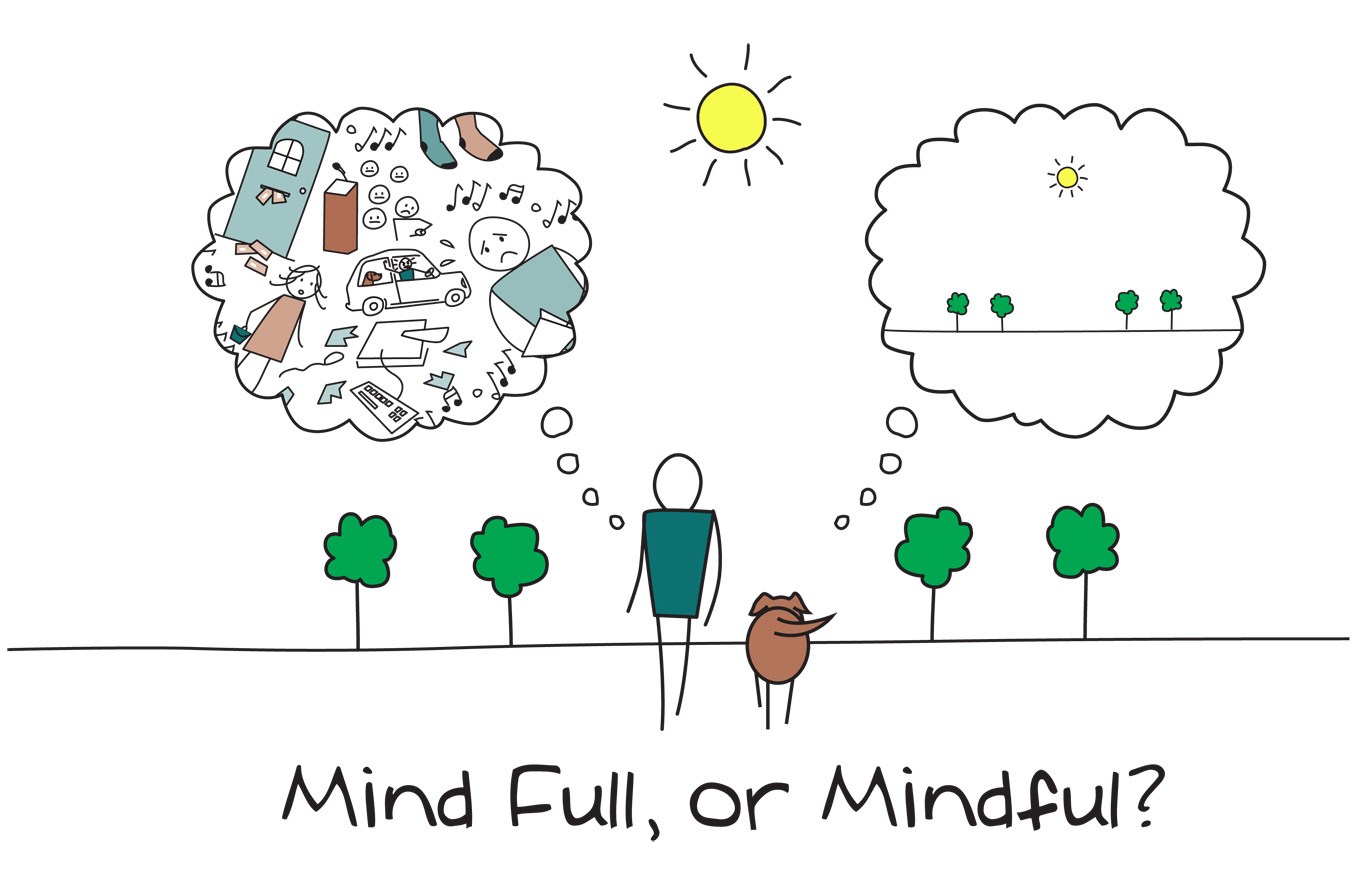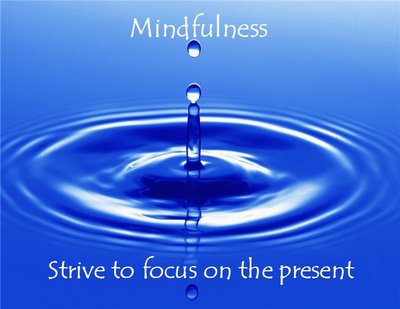Mindfulness is not a religion, it is a path of transformation. Mindfulness is about returning to the moment and by practicing mindfulness, it can help you cope with everyday life and deal with difficult issues.
What are the benefits of Mindfulness
Mindfulness is paying full attention to what is going on in you and outside you, moment by moment, and without judging. It provides you with an opportunity to observe your thoughts, feelings, and the sensations of taste, touch, smell, sight and sound. It really helps people to become fully aware of their surroundings, thoughts and feelings, focusing on and appreciating what they have. By practicing mindfulness daily, you can become more in control of your thoughts and emotions, which helps reduce stress and anxiety.
Relationships
Mindfulness helps enhance relationships in your busy life. When we are busy, it is easy to become distracted during relations with partners, family and friends. So being mindful can assist with focusing and realising the importance of these relationships and it will help you to give more attention these important relationships.
Work and Studying
In order to perform a task well it is essential to become mindful, focusing on one task at a time instead of multitasking. You will be more likely to perform the task well without stressing and becoming stuck in negative self-talk.
Mental Health and Well being
Mindfulness is about focusing on the present and living in the moment. It can have a really positive impact on your mental and physical health. There is a lot of evidence that mindfulness can help you slow down your thoughts. It clears your head, helps you focus on your breathing, slows down your nervous system and assists with better quality sleep. Mindfulness can help you calm down and relax. It helps people to cope with concentration, reduces stress, anxiety and depression symptoms.
Practicing the Core Skills of Mindfulness
Practicing mindfulness is just like practicing a sport or musical instrument. Starting with the basic skills and reapeating them over and over until they flow mor easily. Unlike other practices, however, mindfulness skills reach into very part of your life so that your experience is more satisfying, graceful and fun.
Practicing mindfulness is simple, it is a wonderful strategy for settling stress and anxiety during the duration of the day so that you can remain more balanced and effective. Practicing mindfulness daily will strengthen the core skills and you will develop strong mindfulness memory. Try a few seconds a day to make a mindfulness transition. To start, it is helpful to link the mindful transition practice with a repeating activity you do during the day, like walking to your car, folding the washing or brushing your teeth etc.
Core Skill 1
Stabilise your attention. Bring your attention to and connect with the softening quality of the exhale.
Core Skill 2
Cultivate the witness. Check in briefly with the state of your mind, emotions and body.
Core Skill 3
Self-regulation. Relax and soften your body.
Core Skill 4
Nurturing loving kindness. Be patient and gentle with the state of your being, even if you wish it were different.



